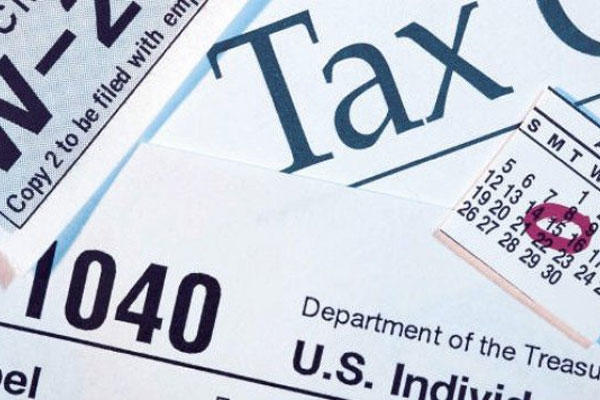If you, or a member of your family, attended college last year, you may be eligible to deduct up to $4,000 in education expenses. The following six education tax benefit FAQ's will help you quickly determine if you can take advantage of this tax break.
- What is the tax benefit of the tuition and fees deduction?
- Who can claim the deduction?
- What expenses qualify?
- How do GI Bill or military tuition assistance affect my education deductions?
- How do I claim education tax deductions?
- What's the difference between deductions and credits?
1. What is the tax benefit of the tuition and fees deduction?
The tuition and fees deduction can reduce the amount of your income subject to tax by up to $4,000. This deduction is taken as an adjustment to income. This means you can claim this deduction even if you do not itemize deductions on Schedule A (Form 1040).
2. Who can claim the deduction?
You may be able to deduct qualified education expenses paid during the year for yourself, your spouse or your dependent. You cannot claim this deduction if your filing status is married filing separately or if another person can claim an exemption for you as a dependent on his or her tax return. The qualified expenses must be for higher education.
3. What expenses qualify?
For purposes of the student loan interest deduction, these expenses are the total costs of attending an eligible educational institution, including graduate school. They include amounts paid for the following items:
- Tuition and fees.
- Room and board.
- Books, supplies and equipment.
- Other necessary expenses (such as transportation).
The cost of room and board qualifies only to the extent that it is not more than the greater of:
- The allowance for room and board, as determined by the eligible educational institution, that was included in the cost of attendance (for federal financial aid purposes) for a particular academic period and living arrangement of the student, or
- The actual amount charged if the student is residing in housing owned or operated by the eligible educational institution. .
4. How do GI Bill or military tuition assistance affect my education deductions?
If you pay qualified education expenses with certain tax-free funds (GI Bill, Pell grants, military tuition assistance, employer-provided assistance), you cannot claim a deduction for those amounts. You may only claim expenses that are not covered or exceed the amount of tax-free assistance you received.
5. How do I claim education tax deductions?
You claim a tuition and fees deduction by completing Form 8917 and submitting it with your Form 1040 or Form 1040A.
6. What is the difference between deductions and credits?
Tax deductions are expenses the Internal Revenue Service allows you to use to your adjusted gross income (AGI). A tax credit is an income tax credit that directly reduces your income tax. The American Opportunity Tax Credit is an example of tax credits that directly reduce your taxes.














